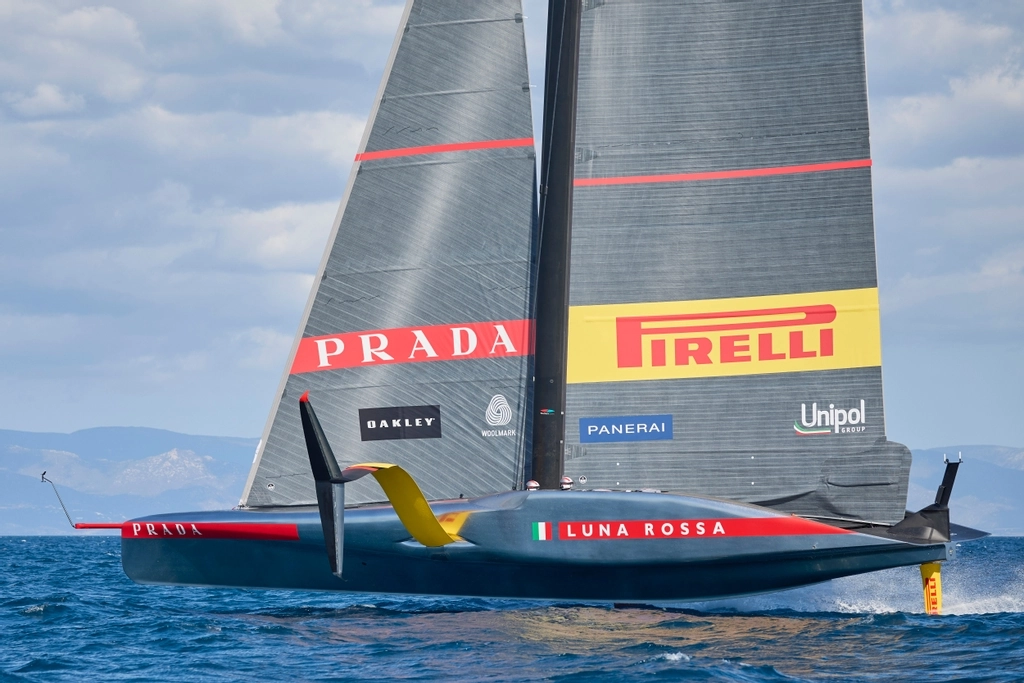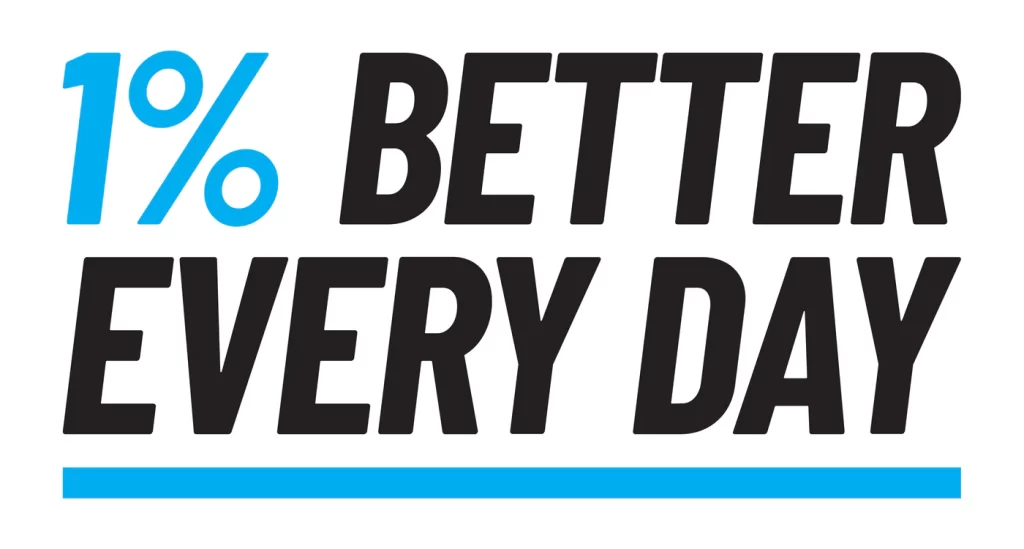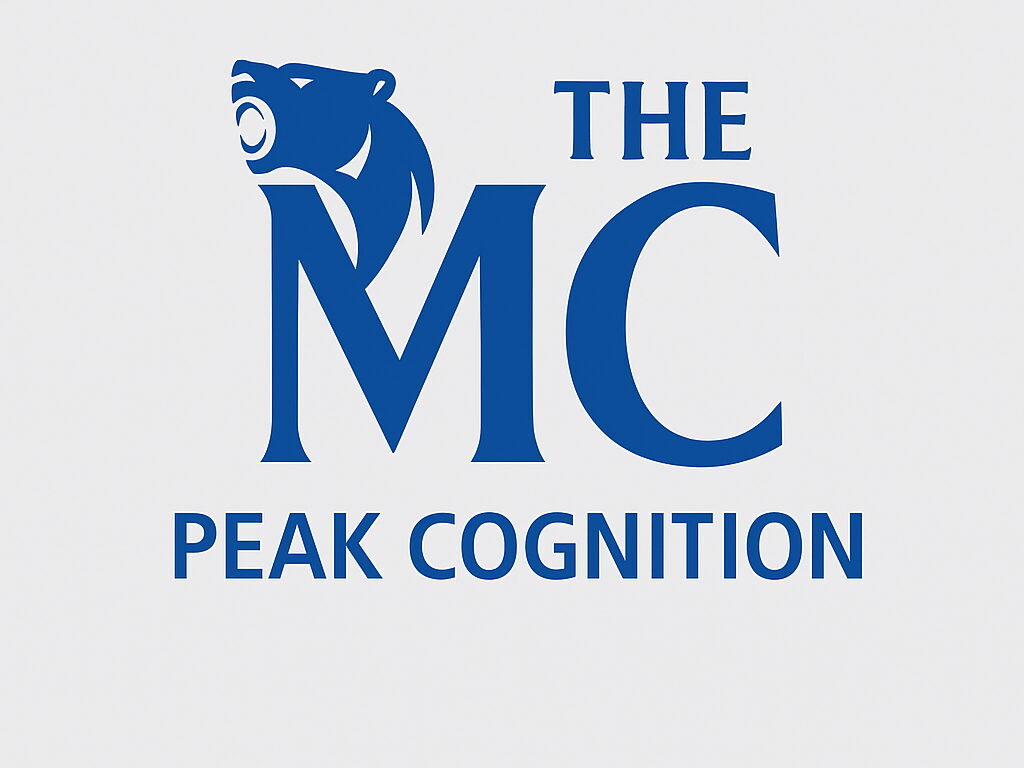Characteristics
The crew members aboard an AC75 yacht in the America’s Cup represent a blend of specialized athleticism and intense mental focus. These athletes operate within distinct roles, each requiring physical prowess and, more importantly, a high degree of mental resilience. The crew, typically composed of eight members, includes helmsmen, trimmers, and cyclors, each of whom faces unique psychological demands within the high-stress, fast-paced environment of the America’s Cup.

Helmsmen: Strategic Vision, Mental Agility, and Psychological Resilience
The helmsmen are the tactical masterminds and pilots of the AC75, responsible for steering the yacht and making key strategic decisions throughout the race. In most cases, there are two helmsmen, positioned on either side of the yacht, who alternate steering depending on the racecourse and maneuver requirements. This role demands a deep understanding of sailing mechanics, but more importantly, it calls for a level of mental clarity and situational awareness that is unparalleled in competitive sailing.
Helmsmen must continuously process a flood of information, including race conditions, wind patterns, the positioning of competitors, and the performance of their own boat. This requires extraordinary strategic vision, as they must anticipate changes in the environment and adjust tactics accordingly. These decisions are often made under intense pressure and at speeds of up to 50 knots, where a single misjudgment could cost the race. Therefore, mental agility—the ability to rapidly shift focus and make swift, yet calculated decisions—is a core characteristic that separates elite helmsmen from average ones.
One of the most critical mental attributes for helmsmen is psychological resilience. The intense pressure of the America’s Cup requires helmsmen to remain composed under stress, often dealing with setbacks in the form of sudden changes in wind conditions, boat malfunctions, or tactical errors. The ability to quickly recover from these setbacks without letting emotions cloud judgment is essential. Mental resilience allows helmsmen to stay focused on the long-term goal, rather than getting bogged down by short-term frustrations.
Trimmers: Precision, Mental Focus, and Adaptability
The trimmers are responsible for adjusting the sails and controlling the boat’s foils, which allow the AC75 to achieve “flight” over the water. Positioned in front of the helmsmen, they play a crucial role in maintaining the balance and speed of the yacht. The precision with which they handle the sails directly affects the boat’s performance, and even the smallest error can result in lost momentum or instability. Thus, their role demands intense mental focus throughout the race.
Unlike the helmsmen, who must think broadly and tactically, trimmers need to be hyper-focused on the technical aspects of sail trim and foil management. This level of focus must be sustained over the course of the race, as any lapse in attention could result in significant performance losses. Mental endurance, therefore, is a key trait for trimmers, who must maintain their sharpness even during long races or under physically taxing conditions.
In addition to precision, mental adaptability is another critical characteristic for trimmers. The conditions of the race—wind, waves, and competitors—are in constant flux, and trimmers must adjust the sails and foils accordingly. This requires them to process new information quickly and adjust their actions in real time. Like helmsmen, trimmers must also possess resilience, as they work under constant pressure to optimize the boat’s performance. Stressful situations, such as rapid maneuvers like tacking or jibing, require them to remain calm and make split-second adjustments without losing control.
Cyclors: Grit, Physical Endurance, and Mental Fortitude
The cyclors on an AC75 yacht represent the physical powerhouse of the team, tasked with generating the hydraulic energy needed to control the boat’s systems, such as the sails and foils. Cyclors use leg power to operate a sophisticated pedaling system, similar to a stationary bicycle, that drives hydraulic pumps, supplying pressure to key boat functions. This role is the most physically demanding, as cyclors must maintain high power output—often exceeding 1,100 watts during peak efforts—throughout the race.
Beyond their physical strength, mental fortitude is what defines the best cyclors. They must endure extreme physical exertion while remaining mentally sharp and engaged. The ability to push through physical pain and fatigue, especially during long races, is a key aspect of their success. Cyclors must maintain synchronization with the rest of the crew, particularly during high-intensity maneuvers, which requires a high level of mental discipline and focus.
Moreover, cyclors need resilience in the face of physical exhaustion. Races can last anywhere from 20 to 30 minutes, during which time the cyclors cannot afford to let up in their efforts. Maintaining rhythm and power output, despite fatigue, requires not just physical conditioning but also a high degree of mental toughness. This resilience is developed through intensive training that mimics race conditions, preparing them to stay mentally and physically strong even when their bodies are pushed to the limit.

Assessing Mental Characteristics in AC75 Crews
Given the mental demands placed on helmsmen, trimmers, and cyclors, it is possible to design instruments to assess these psychological traits. Several well-established psychological assessments and cognitive tools could be adapted to measure the mental toughness, focus, resilience, and decision-making abilities of these athletes. Here are some potential approaches:
- Mental Resilience: Instruments like the Connor-Davidson Resilience Scale (CD-RISC) can measure an individual’s ability to cope with adversity and bounce back from stress—key traits for helmsmen and trimmers who operate under high pressure. This tool, combined with stress inoculation training (SIT), could simulate race-like conditions, testing how athletes recover from setbacks.
- Situational Awareness: For helmsmen, tools like the Situational Awareness Rating Technique (SART) or Cognitive Task Analysis (CTA) can evaluate their ability to process environmental information and make quick, effective decisions under pressure. These tools simulate the rapid cognitive demands of a race, providing insights into their decision-making processes.
- Focus and Attention: Tests like the Continuous Performance Test (CPT) and Stroop Test are ideal for assessing a trimmer’s ability to maintain focus and ignore distractions during the race. These tests measure both sustained attention and selective focus, reflecting the mental demands placed on trimmers during critical moments.
- Decision-Making Under Pressure: For helmsmen, tools such as the Iowa Gambling Task (IGT) and NASA-TLX (Task Load Index) can assess how well they handle decision-making under stress. These tests simulate scenarios that require risk assessment and quick decision-making, mimicking the high-pressure environment of an AC75 race.
- Stress Management: Both helmsmen and trimmers could benefit from assessments like heart rate variability (HRV) or the Perceived Stress Scale (PSS), which measure how well individuals manage stress in real-time. Coupled with biofeedback, these tools can provide a deeper understanding of how athletes handle stress during high-stakes scenarios.
Success in the America’s Cup depends as much on mental toughness as it does on physical ability. The intense pressure, speed, and complexity of AC75 racing place extraordinary mental demands on the crew, particularly the helmsmen, trimmers, and cyclors. By developing and utilizing psychological assessments and real-world simulations, teams can better understand and improve the mental characteristics essential for victory in this prestigious competition.
